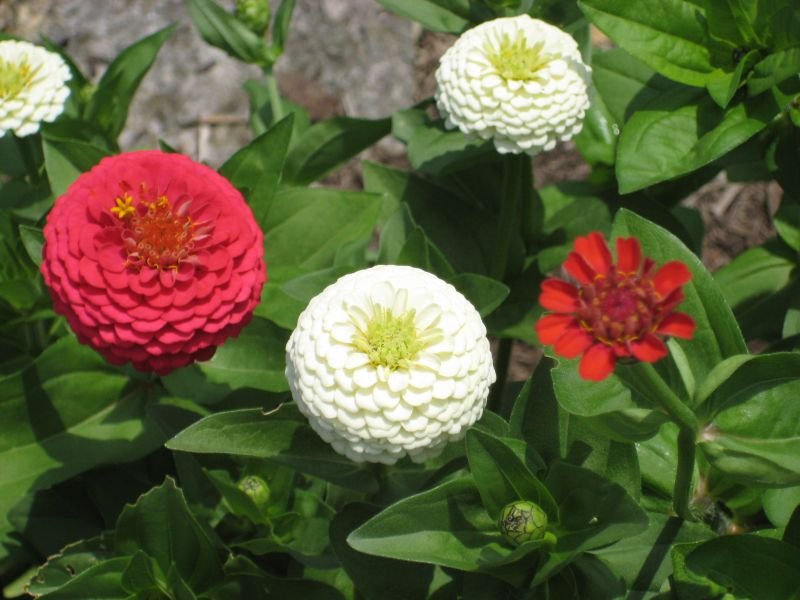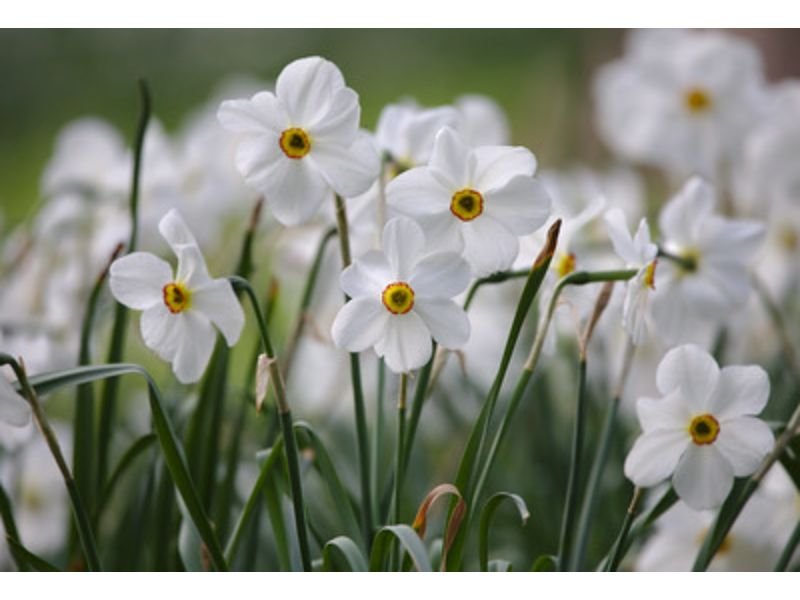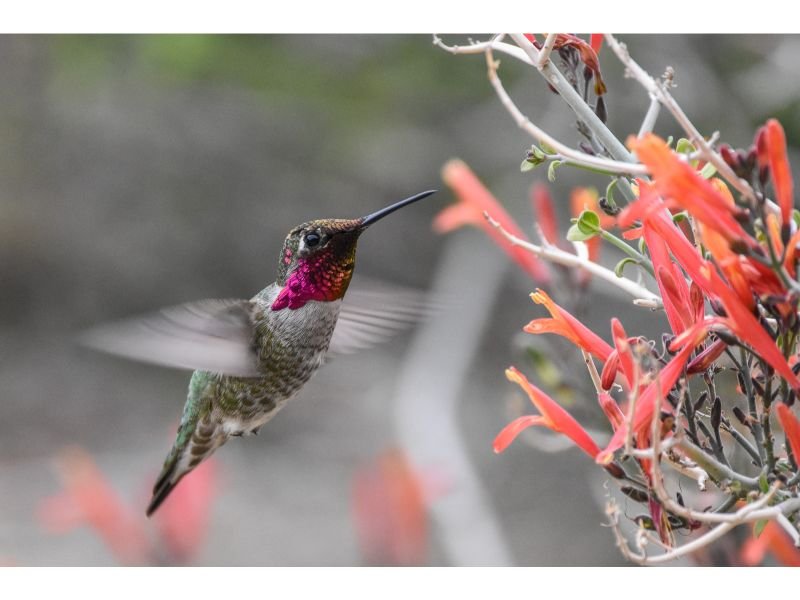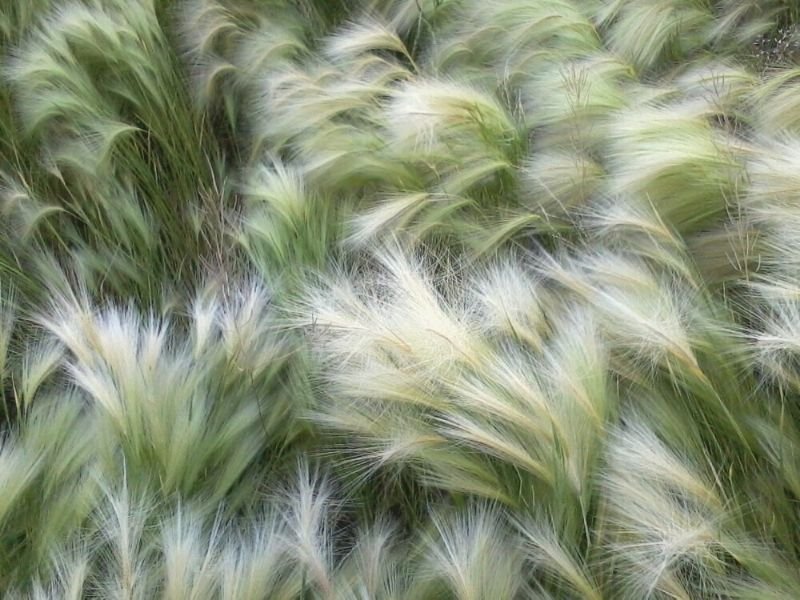Soil mix is an essential factor in a successful flower garden and the type of soil mix used may be the deciding factor between success and failure. Zinnia Lilliput, like most plants, requires specific elements in its soil mix to thrive. Therefore, selecting the best soil for Zinnia Lilliput is an essential part of any flower-growing success story.

Zinnia lilliput is a colorful annual flower that thrives best in well-draining soil. The ideal soil type for this plant is one that has a pH between 5.5 and 6.8, with low amounts of nitrogen and potassium, since too much can lead to leggy, overgrown plants. Rich loam soils with plenty of organic matter are perfect for zinnia lilliput; they hold moisture while remaining well-drained and provide essential nutrients to this sun-loving flower. Zinnias grow best when regularly fertilized, either with compost or an organic fertilizer formulated specifically for flowers.
Selecting soil mix for Zinnia Lilliput
When selecting a soil mixture for Zinnia Lilliput, it is important to understand that they need a well-draining, loose medium. Heavy or clay soils will not provide enough drainage or aeration and can lead to root rot and other health issues. Sandy loam soils are good choices as they are lightweight and workable. They allow enough drainage but also retain moisture which can help keep your flowers from drying out too quickly during warm summer months. It is also important to note that adding organic matter such as composted leaves or peat moss will increase the nutrient content available in the soil, providing more food for your flowers as they grow and bloom throughout the season.
Benefits of making your own Zinnia Lilliput soil mix

In addition to choosing the right type of soil for Zinnia Lilliputs, there are many benefits to creating your own custom-made soil mixes: better water holding capacity; improved aeration and drainage capabilities; increased nutrient content available in the soil; reduced erosion potential; decreased compaction; fewer salinity problems due to poor drainage; fewer weed problems from overfertilizing, etc… The possibilities are endless when creating your own custom-made garden blend!
When creating your own custom-made blend for Zinnia Lilliputs you should always keep some general guidelines in mind: start with approximately one-third of organic matter such as composted leaves or aged manure then two-thirds mineral particles such as sand silt clay aggregate etc.
If possible add trace minerals such as iodine boron copper zinc iron manganese molybdenum sulfur etc… Also consider special additives like vermiculite perlite gypsum peat moss straw bark humus etc…Ultimately though it all depends on what kind of results you’re going for! You can adjust amounts depending on what works best with different plants, so feel free to experiment until you find something that works great with your crop of zinnias!
In conclusion, understanding what type of soil mix your flowers need—and taking steps to create a customized blend tailored specifically towards their needs—will have enormous positive impacts on their growth rate and overall health throughout the growing season! Whether you purchase commercially pre-mixed blends or create your own custom blend customized specifically towards zinnia lilliput’s needs using specific components will ensure optimal growth rates now & into future seasons! So if you want beautiful blooms year after year make sure you select & use a quality Zinnia lilliput soil mix every time!

Gardening is my passion and growing plants indoors has always been a stress relief for me. Grow a banana tree in my apartment once (although failed to produce bananas).






